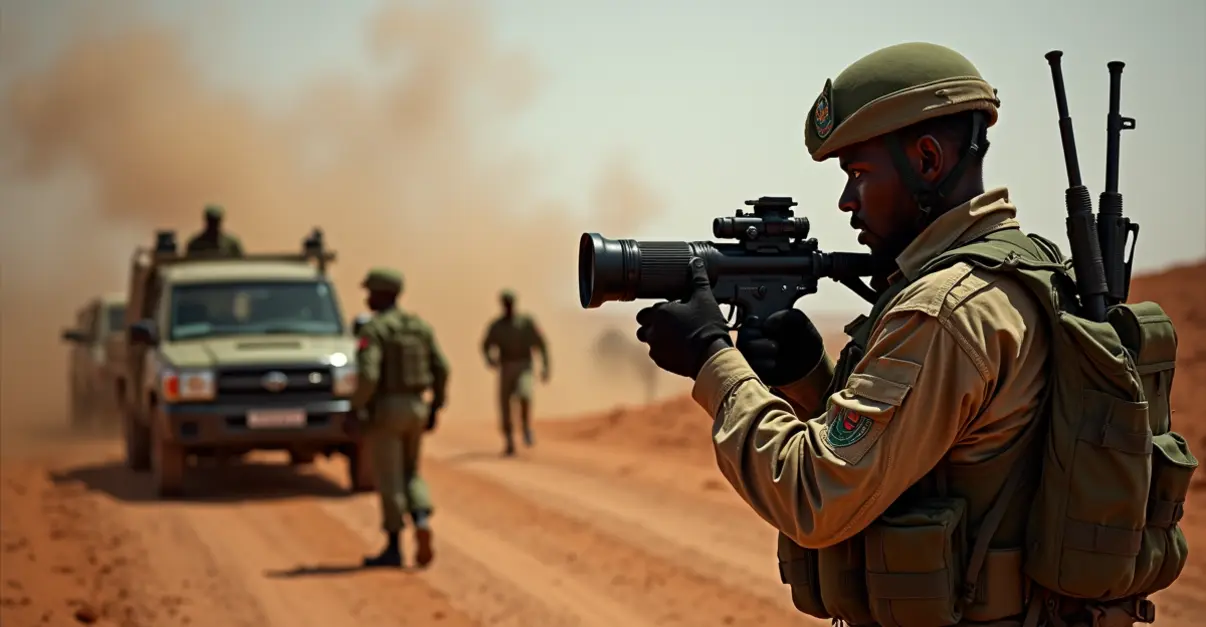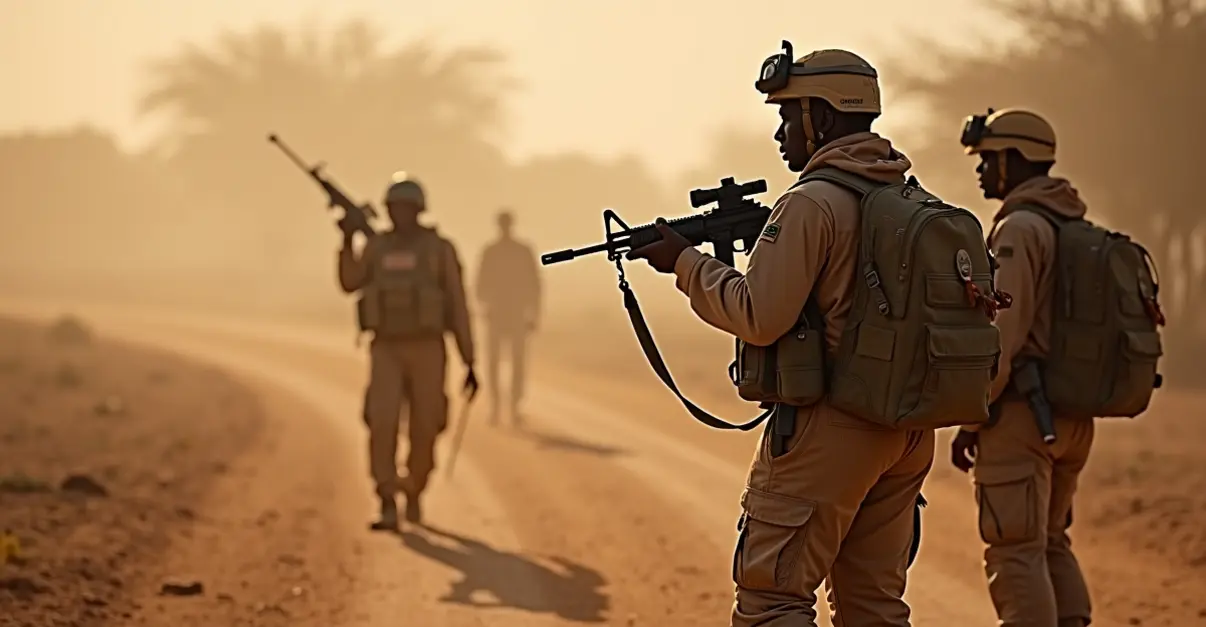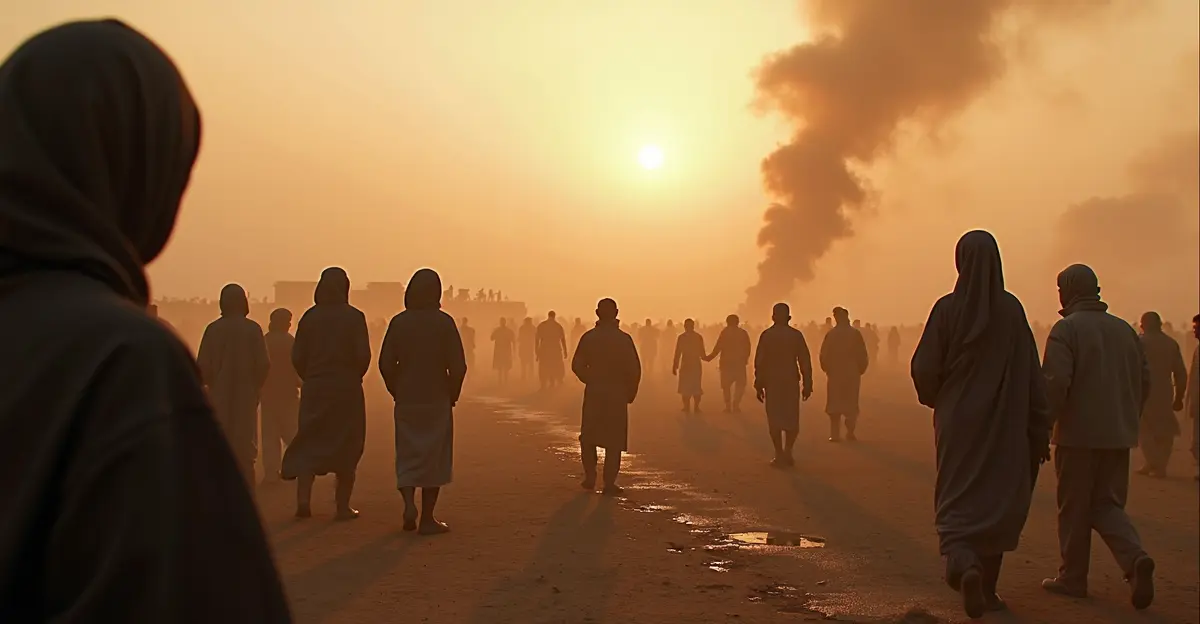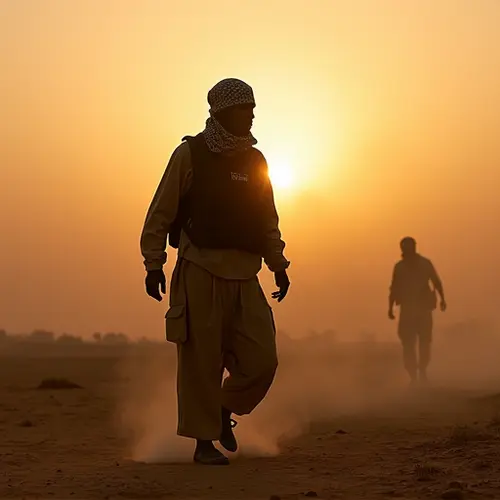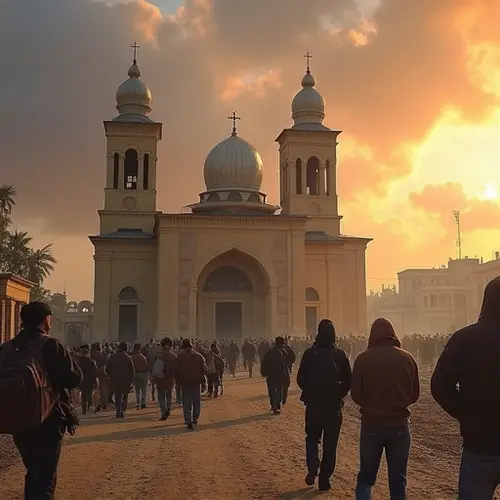Myanmar military admits airstrike on Buddhist festival killed 32, including children, while claiming resistance forces used civilians as shields. International condemnation grows amid escalating civil war.
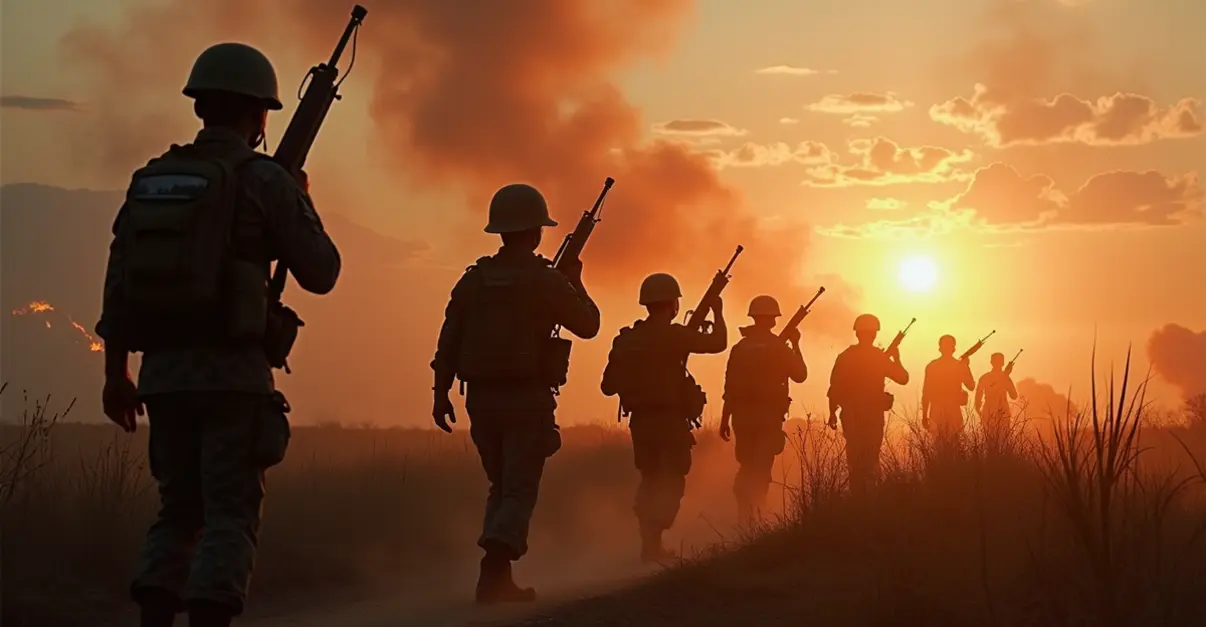
Military Acknowledges Deadly Airstrike on Peaceful Gathering
Myanmar's military has admitted to carrying out a deadly airstrike on a Buddhist festival in the central Sagaing region, killing at least 32 people including children. The attack occurred on Monday evening during the Thadingyut festival, also known as the Festival of Lights, which marks the end of Buddhist Lent. According to witnesses, a motorized paraglider dropped bombs on hundreds of villagers gathered at a primary school compound for what was described as both a religious celebration and peaceful protest against the military junta.
Conflicting Accounts of the Attack
The military acknowledged the attack but claimed resistance forces were using civilians as human shields. In an official statement, the military asserted that 'security forces chose a counter-terrorism operation with a plan to limit civilian casualties'. However, witnesses and local residents strongly dispute this version of events. A villager who survived the attack told AP: 'We were celebrating our religious festival peacefully. There were no fighters among us, and we participated voluntarily'.
International Condemnation and Growing Crisis
United Nations officials have condemned the attack, with a spokesperson for Secretary-General António Guterres calling the 'indiscriminate use of airstrikes unacceptable'. Human Rights Watch documented that this marks the deadliest paramotor attack to date in Myanmar's ongoing civil war, with more than 135 such attacks reported since December 2024. The organization noted that paramotors drop 120mm mortar rounds 'without any capacity for precision targeting', creating grave threats to civilians.
Context of the Civil War
The attack comes amid escalating violence in Myanmar's civil war, which began after the military seized power in a 2021 coup. The Sagaing region has been a key battleground, with large areas controlled by local defense forces opposing the military regime. According to Human Rights Watch, the military has increasingly turned to paramotor attacks due to equipment shortages caused by international sanctions. The junta's blockade on humanitarian aid has further complicated the situation, impeding access to desperately needed medicine and medical care for the wounded.
Religious and Political Significance
The Thadingyut festival holds deep religious significance in Myanmar, commemorating Buddha's descent from heaven after teaching his mother and heavenly gods. The celebration typically involves illuminating homes and temples with candles and lanterns. However, in the current political context, the festival has also become a platform for peaceful resistance against the military government. The attack occurred as Myanmar prepares for its first national elections since the coup, scheduled for later this year, which have been widely criticized by Western nations.
Humanitarian Crisis Deepens
The United Nations estimates that since the 2021 coup, 17.6 million people in Myanmar require humanitarian assistance, while 1.6 million are internally displaced. The ongoing conflict has destroyed over 55,000 civilian buildings and forced more than 40,000 people to flee to neighboring countries. As documented by BBC News, the military's increasing use of aerial bombardment has created unprecedented threats to civilian populations, with Myanmar's air force reportedly dropping more bombs per capita than have been dropped in the Russian invasion of Ukraine.

 Nederlands
Nederlands
 English
English
 Deutsch
Deutsch
 Français
Français
 Español
Español
 Português
Português




